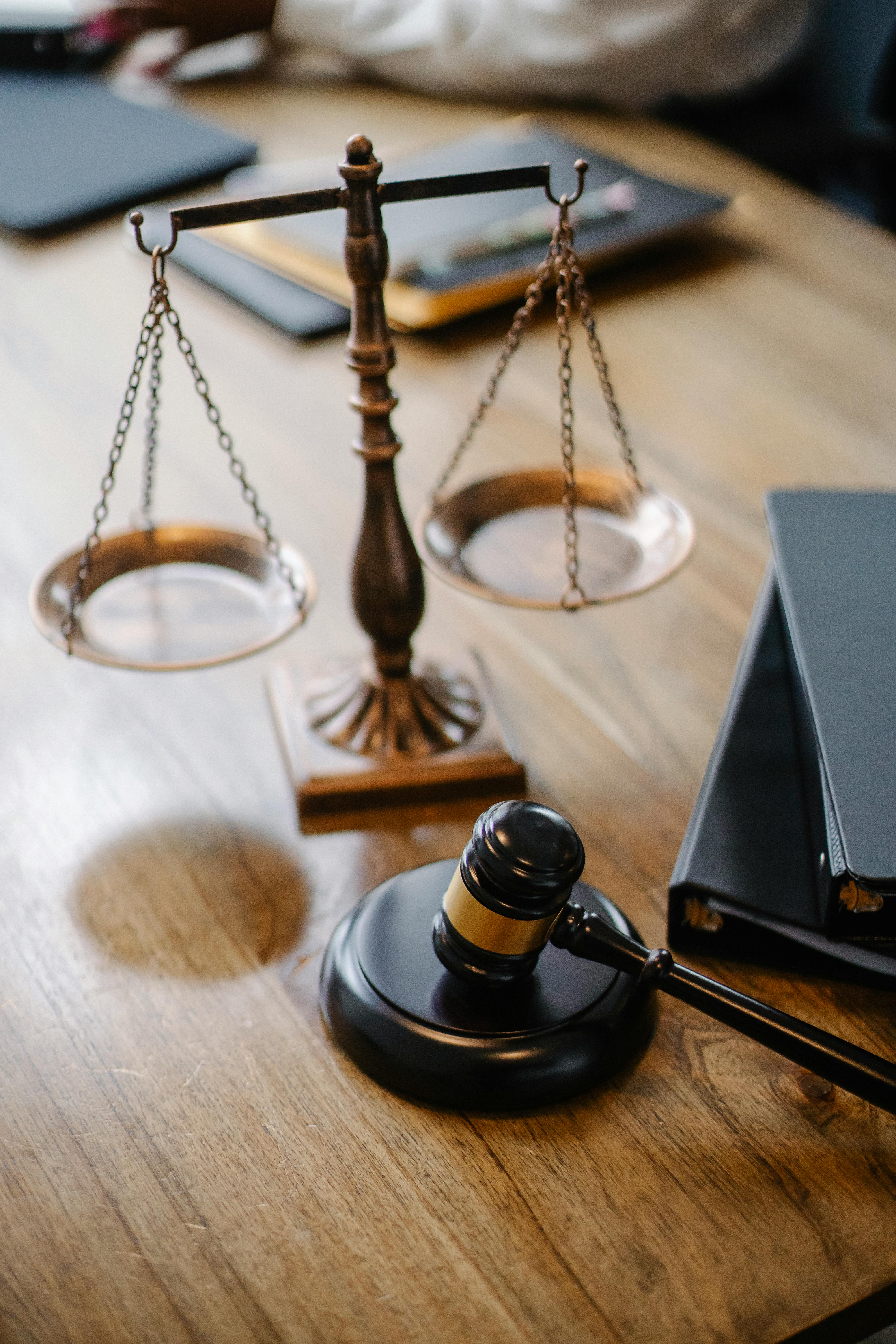Examining the Influence of Jury Nullification on the U.S. Legal System
Introduction: Jury nullification, a seldom-discussed facet of the U.S. legal system, holds considerable sway in the outcome of court cases. While it is not often brought to light in legal discussions, its implications and potential consequences are profound. This article aims to delve into the background of jury nullification, its current relevance, and the far-reaching implications it holds for society.

Unraveling the Concept of Jury Nullification
Jury nullification refers to a situation where a jury, in spite of clear evidence pointing towards the guilt of the defendant, chooses to acquit. This decision is often made out of sympathy for the defendant or disagreement with the law or its application in the particular case. The roots of this practice can be traced back to the English Common Law. In the U.S., it has been present since the colonial times and was utilized in several landmark cases.
The Role of Jury Nullification in American History
Throughout American history, Jury nullification has played a crucial role in some pivotal cases. For instance, during the Prohibition era, juries often acquitted individuals charged with violating alcohol control laws, reflecting societal disagreement with the law. Similarly, in the pre-Civil War era, juries in Northern states frequently nullified the Fugitive Slave Act by acquitting individuals who assisted runaway slaves, thus expressing their opposition to the law.
Current Relevance of Jury Nullification
In the present day, jury nullification continues to be a significant, albeit contentious, part of the U.S. legal system. Its use is not uniformly accepted and is a topic of ongoing legal debate. Some argue that it serves as an important check on government power, allowing citizens to express disapproval of laws they find unjust. Others contend that it undermines the rule of law, allowing juries to ignore the law based on personal beliefs.
The Implications and Impact of Jury Nullification
The implications of jury nullification are profound. On the positive side, it can serve as a tool for societal change, allowing juries to push back against what they perceive as unjust laws. However, it also has the potential to result in inconsistency in legal outcomes and can be used to perpetuate bias or prejudice. For instance, a jury might acquit a guilty defendant because they sympathize with them or disagree with the law under which they are charged.
The Future of Jury Nullification
Given its potential to both uphold justice and subvert the rule of law, the future of jury nullification is uncertain. Legal experts continue to grapple with these complexities, seeking a balance that respects the will of the people without undermining legal consistency. As the legal landscape changes, the role and influence of jury nullification will undoubtedly continue to evolve.
In conclusion, jury nullification, while often overlooked, holds a significant place in the U.S. legal system. Its history, current relevance, and implications provide a fascinating insight into the intersection of law, society, and morality. As debates continue and legal precedents are set, the influence of jury nullification will continue to shape the American legal landscape.




